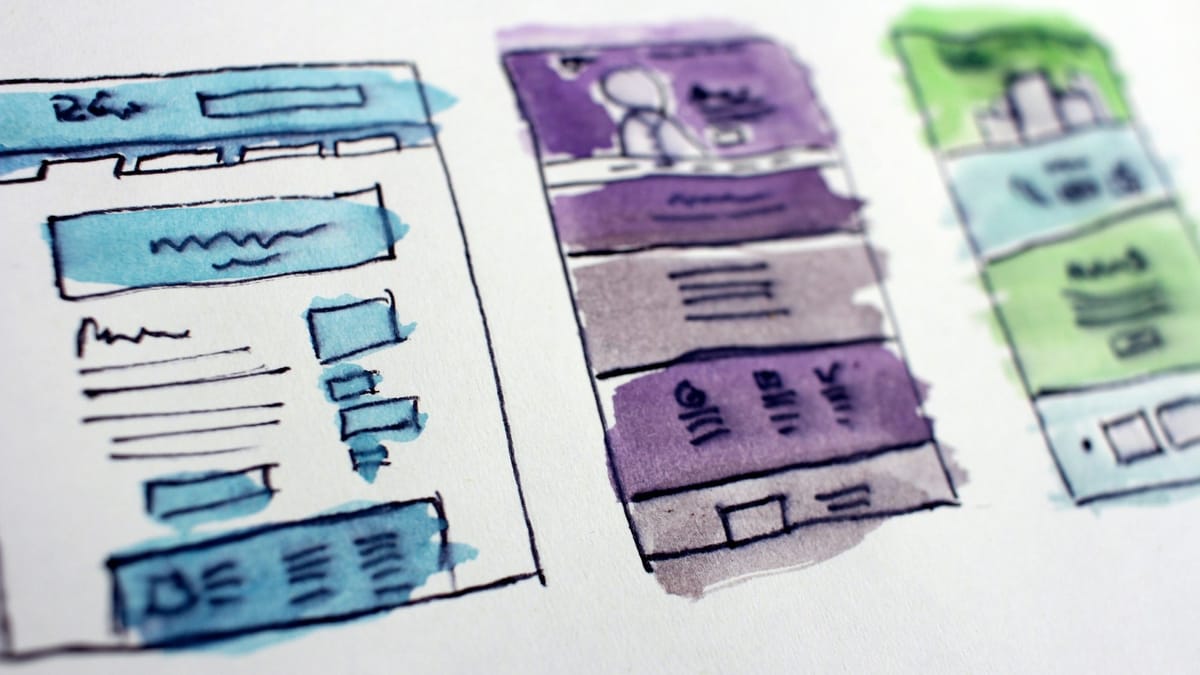Update: Journalism should not roleplay as marketing
A hard talk about the role of the media, or at least tabletop media

UPDATE Jan. 15, 2024: When I drafted this article, my intention was to address a sentiment among tabletop professionals of all sizes that believed the media could—or should—work primarily to their best interest. I was not interested in naming particular companies or groups because that would transform a planted flag on ethics into tabloid mudslinging. Since publishing the piece, a lot of people have approached us to express confusion and frustration over my tone, the intended audience of the piece, and what it meant for Rascal going forward.
This issue, the broad misapprehension of journalism's role inside of an industry, is extremely important to me, but it’s clear that by aiming for clarity I landed squarely in the middle of patronizing condescension. The audience for this piece largely doesn’t exist in the online social places where Rascal’s supporters and ardent readers discuss the industry. They can be seen in Twitter comments and emails I’ve received since I began covering tabletop in late 2020, in conversations at conventions and business events, and in the stray threads and forums that still bubble up when the press becomes topic du jour. I regret that many of you felt unfairly targeted by my words; if you were left wondering about the intended audience, it almost certainly didn’t include you.
Most importantly, Rascal is not changing. The stated mission that accompanied our launch nearly a year ago still stands as a pillar of our ethics. We fully recognize that institutional privilege and a litany of systemic oppression keeps the tabletop industry largely run, and discussed by, white cis men. We want Rascal’s work to drag this space towards equity through our coverage and the voices we host on the site, broadening the scope of what is considered “the industry” to include designers in SEA, SWANA, and other parts of the world that still struggle for spotlight, among so many other sites of critically overlooked creativity (to give her due credit, Rowan advised me to address the systemic privilege that allows Rascal to even exist). That necessarily means recognizing our influence, however small. As a corollary to that initial mission statement, we will stay vigilant of our impact and never recklessly wield it.
When I wrote that we cannot be your friends, that covering small games is not our job, I was not implying that we exist above independent creatives—only that friendship implies intimate, obligatory bonds that complicates our approach to journalism. Nor did I mean we would no longer strive to uplift the overlooked parts of the industry and champion marginalized creators. We have been and will continue to do this critical equity work. The reality of what that looks like is complex. We plan to fully explore this issue in a later piece, warts and all. Until then, rest assured that we are still the Rascal that burst from the dirt last February. Larger and meaner, but no less dedicated.
The original piece continues below:
My journalism school education was, in large parts, about professional preparation. It anticipated a broad, if woefully dated, array of situations that a young journalist might find themselves navigating once they departed the theoretical fields of academia. For example, how to extend anonymity to a source, balancing perspectives in pursuit of objectivity, and when to involve your desk editor in talks with prickly public officials. It also impressed the importance of journalistic independence—an ethical distance maintained such that it allows reporters and critics to cover their particular spheres (politics, entertainment, physical communities, etc.) without becoming materially enmeshed.
Journalists are people, as are our sources and subjects. Our job duties require forming and maintaining relationships based not in an exchange of favors or money, but a (hopefully) mutual understanding that journalism is a public good; that the open flow of verifiable information from trusted institutions benefits everyone. We all agreed that sometimes you need an annoyingly persistent voice to ask inconvenient questions of power without fear of shitcanning and reprisal.
This is, as you might already be thinking, not so cut-and-dry. Particularly in games journalism—and especially in tabletop—lines are easily blurred. Designers are also players are also readers. The Venn diagram approaches a circle. The cavity where traditional media would normally slot was filled first with blogs, essays and forum threads; later with social media posts, podcasts, and YouTube videos. Enthusiast journalism, citizen press, and other dirty words meant to imply a lack of rigor and professionalism provided the necessary information labor. I don’t denigrate the work but point out its insufficiencies. There is a critical flaw in receiving news from within the industry: these folks are materially invested in its continued success.
Which, finally, brings me to the point of this article. Tabletop industry: we need to talk.





